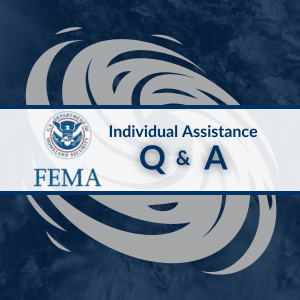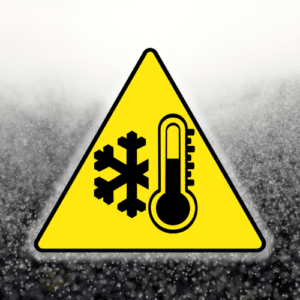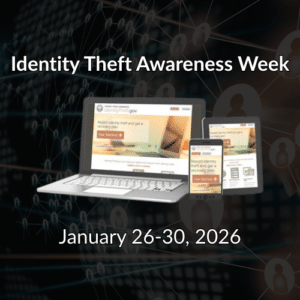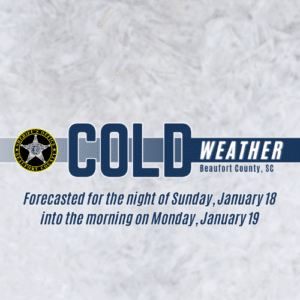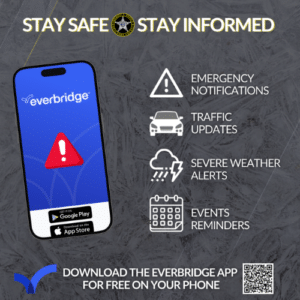FEMA’s Individual Assistance program is designed to help disaster survivors with basic critical needs such as a safe, sanitary and functional place to live during recovery from a disaster. Eligible homeowners and renters in 28 designated South Carolina counties and the Catawba Indian Nation may be eligible to receive FEMA assistance. Here is a collection of answers to some common questions that you may find helpful.
Q: Am I eligible to apply?
A: South Carolinian homeowners and renters in Abbeville, Aiken, Allendale, Anderson, Bamberg, Barnwell, Beaufort, Cherokee, Chester, Edgefield, Fairfield, Greenville, Greenwood, Hampton, Jasper, Kershaw, Laurens, Lexington, McCormick, Newberry, Oconee, Orangeburg, Pickens, Richland, Saluda, Spartanburg, Union and York counties and the Catawba Indian Nation who were affected by Hurricane Helene may be eligible for FEMA assistance and are encouraged to apply.
Q: How can I apply for FEMA assistance?
A: You have four options, you can apply:
- In person at any Disaster Recovery Center. To find a center close to you, visit //fema.gov/DRC, or text DRC along with your Zip Code to 43362 (Ex: DRC 29169).
- Online at gov.
- On your phone using the FEMA mobile app.
- By calling the FEMA Disaster Assistance Helpline at 800-621-3362. Help is available in many languages.
FEMA programs are accessible to survivors with disabilities and others with access and functional needs.
Q: What assistance does FEMA provide?
A: Eligible applicants may be eligible for one or more types of FEMA assistance, such as:
- Serious Needs Assistance for lifesaving and life-sustaining items, including water, food, first aid, prescriptions, infant formula, breastfeeding supplies, diapers, consumable medical supplies, durable medical equipment, personal hygiene items and fuel for transportation.
- Displacement Assistance for immediate housing needs to help survivors who cannot return home right after Hurricane Helene.
- Lodging Expense Reimbursement for hotel expenses; this is for uninsured or underinsured applicants who could not return to their home due to disaster-related damage. Keep copies of receipts.
- Home Repair/Replacement Assistance to help you repair or replace your home damaged by the disaster when disaster losses are not already covered by another source.
- Accessibility Needs to help those with a disability with specific repairs to make sure their home is accessible
- Rental Assistance for alternative housing if you can no longer occupy your primary residence due to Hurricane Helene-related damage.
- Personal Property Assistance to repair or replace essential, uninsured personal property damaged by the hurricane.
- Transportation Assistance for primary vehicles damaged by the disaster.
- Medical and Dental Assistance for uninsured medical and dental needs or losses caused by Hurricane Helene.
- Funeral Assistance to help pay for funeral or reburial expenses caused by the disaster.
- Assistance for Miscellaneous Items for specific items that you purchased or rented after the disaster to assist with recovery.
- Child Care to help you pay for increased or new childcare expenses caused by Hurricane Helene.
- Moving and Storage Expenses to help you move and store personal property from your home to prevent additional damage.
Q: I have applied for FEMA assistance. What’s the next step?
A: After submitting an application for FEMA assistance, a home inspection may be necessary. If so, an inspector will contact you to set up an appointment. Please answer calls from FEMA, which may come from unknown numbers.
Q: What will the FEMA inspector be looking for?
A: A FEMA inspection may be required to determine whether a home is safe, accessible and functional. FEMA considers the following factors when determining if an applicant is eligible for assistance:
- Is the exterior of the home structurally sound, including the doors, roof and windows?
- Do the electricity, gas, heat, plumbing, sewer and septic systems function properly?
- Is the inside of the house habitable and structurally sound, including the ceiling and floors?
- Is the home capable of being used for its intended purpose?
- Is there safe access to and from the home?
In many cases, disaster-related damage may exist, yet the residents can still safely live in their home.
Q: Why wasn’t I approved for disaster assistance?
A: Your decision letter explains everything about FEMA’s decision. You may need to submit additional information to expedite or restart the application review process. Sometimes, an application is determined to be “not approved” because of a missing document. Please carefully read the letter to understand the initial decision and find out what additional supporting documents are needed.
Examples of documents that may be needed include:
- Proof of insurance coverage
- Copy of your insurance settlement regarding damage caused by Hurricane Helene.
- Proof of identity (U.S. passport, military ID, motor vehicle registration, Social Security card along with a federal or state ID, a payroll stub that shows all or part of your Social Security number.)
- Proof of occupancy (lease or rental agreement, rent receipts, utility bills, motor vehicle registration, etc. FEMA has provided more ways to meet this requirement.
- Proof of ownership (deed or title, mortgage documentation, homeowner’s insurance policy, property tax bill or receipt, manufactured home certificate or title and home purchase contracts. FEMA has provided more ways to meet this requirement.
- Proof the damaged property was your primary residence when the disaster occurred.
If you have questions about FEMA’s decision letter, you may go online to DisasterAssistance.gov or call the FEMA Disaster Assistance Helpline at 800-621-3362.
Q: What happens if I disagree with FEMA’s decision?
A: Every applicant has the right to appeal a FEMA determination. For example, if you feel the amount or type of assistance is incorrect, you may submit an appeal letter and any documents needed to support your claim, such as a contractor’s estimate for home repairs.
FEMA cannot duplicate assistance provided to you by another source, such as insurance settlements or another program. However, if you are underinsured you may receive further assistance for unmet needs after insurance claims have been settled by submitting a copy of the insurance settlement or denial documents to FEMA.
Q: How can I appeal?
A: If you disagree with FEMA’s decision, you may appeal.
The letter from FEMA will provide information on the types of documents or information that FEMA needs. It will also include an optional appeal form that you can use. Your appeal must be submitted within 60 days of the date of your decision letter.
You don’t need a written and signed appeal letter. You just need to submit verifiable documents that support your appeal request and meet the criteria for the type of assistance appealed.
You can submit your appeal and supporting documentation:
- Online at gov, where you can create an account and upload documents.
- By mail: FEMA National Processing Service Center, P.O. Box 10055, Hyattsville MD 20782-7055.
- By fax: 800-827-8112 Attention: FEMA.

